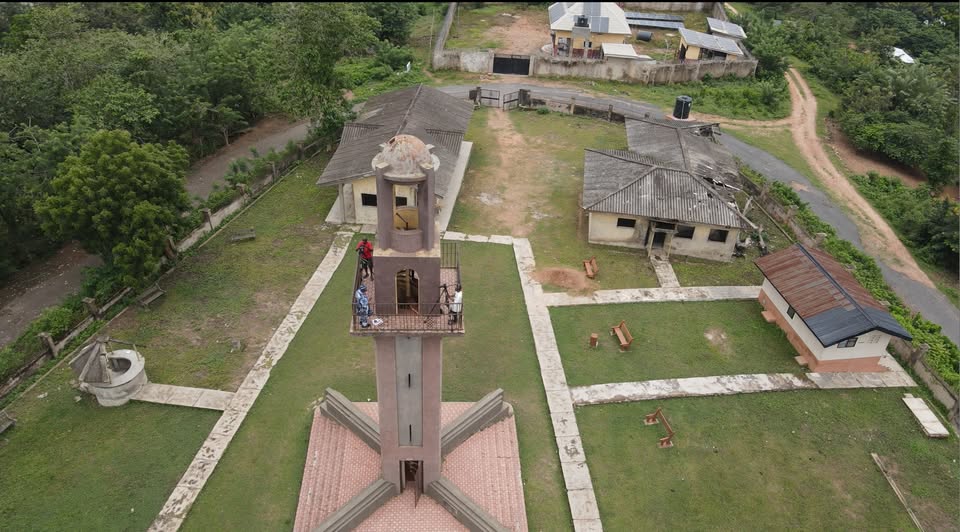Do You Sleep At All? How I Manage to Be Productive (Part II)

Productivity and career satisfaction are not synonymous. You can be productive and still lack career fulfillment if your productivity is only responding to pressure from your job and the broader society, not to your own self-desire to improve yourself.
If you must constantly prove productivity to show people that you are hardworking, you will labor, unsatisfactorily, forever. But if your productivity is fueled by personal curiosity and the drive for intentional self-growth, you will never even have to work, for a single day! If you can find a bigger purpose to labor, beyond output, survival, measurable metrics, and other external pressures, productivity becomes art, a way of life, and a way of living, than labor and laboring.
After completing my book on animals in 2019 (released in 2022), I had some mixed feelings. So, this is what it means to be prolific, I asked myself? Back-to-back (from 2010 to 2022), I published 8 books, and 33 journal articles and book chapters. At that point, I had reached a saturated point. I had exhausted every component of how to use colonial archival materials, did research in all the major archives in Nigeria, and mastered the core tenets of colonial Nigerian history.
I peaked very early in my career, and I discovered that if I want to prevent diminishing returns, and continue to be productively happy, I need to change the direction of my productivity. At least for a while, I must leave colonial Nigerian history, the use of colonial archival materials, and events and people that I’m already familiar with. I must train my brain to do something completely different from what it has mastered.
So, I decided to write a book on Fuji that focuses on postcolonial Nigeria (post-1960), and that would force me to adopt ethnography and visual methods, and impose historical markers on elusive cultural flows. In the process, I alone digitized 41,000 pages of the “Lagos Weekend Magazine” from 1975 to 1995 for the Fuji book and documentary projects in late 2021. Because the projects involve extensive oral interviews and dealing with humans of different characters, my humility increased and I’m understanding myself and people, better than before. The true essence of the humanities, as my field of study, begins to fully reflect in my scholarship.
And in 2021, as a full professor, I ventured into documentary filmmaking. Three years later, in 2024, I produced a Netflix-quality documentary, without any formal training in filmmaking! And Episode II is coming in March. I learned to use a professional video camera and watched several Masterclass and YouTube videos. My dormant creative talent came to life.
With filmmaking, I reinvented myself and entered a completely new craft that builds on my existing skills of research, writing, and storytelling. In the process, I multiplied my intellectual, financial, and creative values in countless folds.
If I had remained in my comfort zone, writing more books on colonial Nigeria, I would continue to churn out books, but I won’t reach my present infinite creative level. I’m living the happiest moment of my career because I’m learning new things that allow me to bring scholarly methods in conversation with creativity and technology, effortlessly. And to crown it all, I’m producing works that are accessible, and fascinating to the public.
By the way, that’s me shooting a scene of Episode II of the Fuji Documentary on Layipo (Bower’s Tower), Ibadan’s historical monument constructed in 1936. From Layipo, you can see the core of old city.
Yours Sincerely in Fuji:
Ìsòlá awón bí ogbón
The Okà ò sò'fò of Ibadanland
Prof Saheed Aderinto
Source
- Marx and Ifa
- Professor P. N. Okeke
- Echoes of Home: Nostalgia, Memory, and the Quiet Language of Belonging
- I’m so proud of you, my son David
- Psychology says people who always take notes by hand instead of typing usually possess these 8 distinct traits
- The arts and humanities celebrate what makes us human
- Someone on Twitter asked why we have so many PhD holders in Nigeria...
- Theorizing Nigerian Indigenous Knowledge Systems
- The Beauty of Inaugurals
- Baba Bruce at 93: A Living Treasure of Innovation and Generosity. By Dr Ganiyu Jimoh Jimga
- Do You Sleep At All? How I Manage to Be Productive (Part III)
- Do You Sleep At All? How I Manage to Be Productive (Part II)
- Do You Sleep At All? How I Manage to Be Productive (Part I)
- Professor Inno Ụzọma Nwadike was my academic mentor and father.
- Focus on What You Can Control
- From Birthday Celebration to Lasting Legacy: How Tunji Bello Built an Auditorium for LASU
- "EXPO" TO WRITE COMMON ENTRANCE EXAMS
- Re: Called out Igbo professors in the diaspora to start talking more about their research online
- My Trip to Nigeria, By Professor Moyo Okediji
- As Artificial Intelligence (AI) takes over human roles